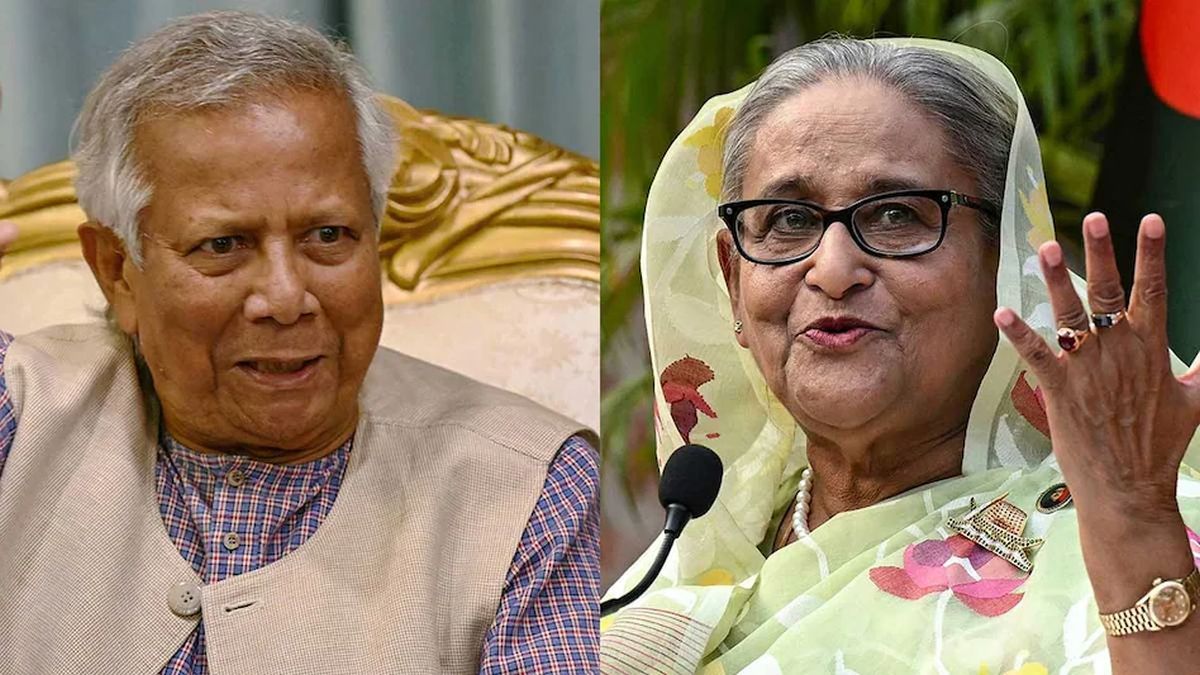Bangladesh’s Chief Election Commissioner AMM Nasir Uddin announced on Saturday that the general elections are scheduled to take place in the first week of February 2026, though he acknowledged that ensuring a free, fair and impartial vote remains a major challenge.
Speaking at an event in Rangpur district, Uddin said the exact date of the polls would be revealed two months prior to the election schedule announcement. He highlighted a growing loss of public confidence in the election system, the Election Commission and the administrative bodies involved in managing elections.
“People have lost confidence in the election system, the Election Commission and the administrative machinery involved in the electoral process,” he told state-run Bangladesh Sangbad Sangstha (BSS).
However, Uddin expressed his commitment to restoring trust, stating that his office is “working tirelessly” towards that goal. The announcement follows interim government Chief Adviser Muhammad Yunus’ declaration four days earlier that the polls would be held in February next year, coinciding with the first anniversary of the ousting of Prime Minister Sheikh Hasina’s Awami League government on August 5. The upcoming election will be Bangladesh’s 13th parliamentary vote.
Uddin attended a meeting with deputy commissioners and superintendents of police of the eight districts of Rangpur division at the Divisional Commissioner’s Office in Rangpur on the issue of law and order.
Impact Shorts
More ShortsThe CEC feared that there was a growing apathy among voters as “over the years, people have become disengaged from the voting process” but added “as long as the Election Commission remains conscious of its responsibilities, all actions will strictly follow the rules, regulations and laws.” Contrary to civic and rights groups’ concerns over the law and order situation in the country, Uddin said, “the law and order is currently stable and we aim to make it even better so that citizens can vote peacefully and without fear.” The CEC, however, said the exact date of election would be disclosed two months before the schedule was announced while his office was preparing to conduct the polls within a short time frame despite various challenges.
Meanwhile, former prime minister Khaleda Zia’s Bangladesh Nationalist Party (BNP) has emerged as the single largest party in Awami League’s absence after Yunus’ government disbanded its activities under an executive order.
BNP’s self-exiled acting chairman and Zia’s son Tarique Rahman on Friday said the party and its like-minded partners would take part in the February polls as an alliance.
The BNP earlier formed a 12-party alliance, mostly centre right groups and a left leaning one, but the party has visibly distanced itself from its once crucial ally, the far right Jamaat-e-Islami.
Jamaat was a key-partner in the BNP-led four-party alliance government that ran the country from 2001-2006.
Earlier in the 2018 national election, BNP included Jamaat-e-Islami as part of its electoral alliance but since the ouster of the Awami League regime last year, there has been a visible rift between them.
Analysts said BNP’s decision to distance itself from Jamaat was both political and strategic as it would give BNP a more liberal and contemporary image to civil society, the youth, and centrist political forces.
A violent street protest by Students Against Discrimination (SAD) ousted the Awami League government on August 5, 2024. Three days after Hasina fled the country, Yunus had taken over as the chief adviser on August 8. A large offshoot of the SAD formed the National Citizen Party (NCP) in February this year.
With inputs from agencies
)